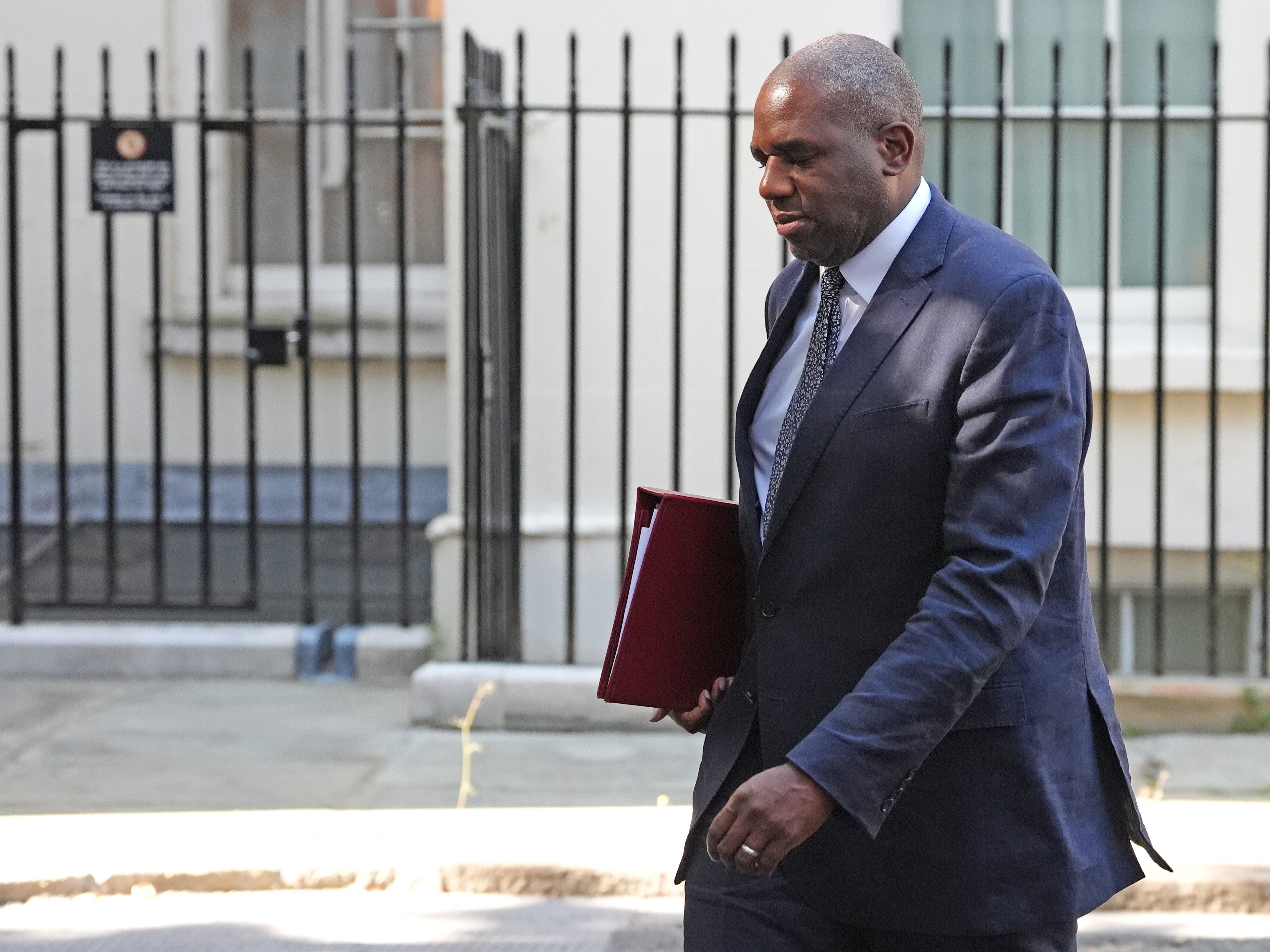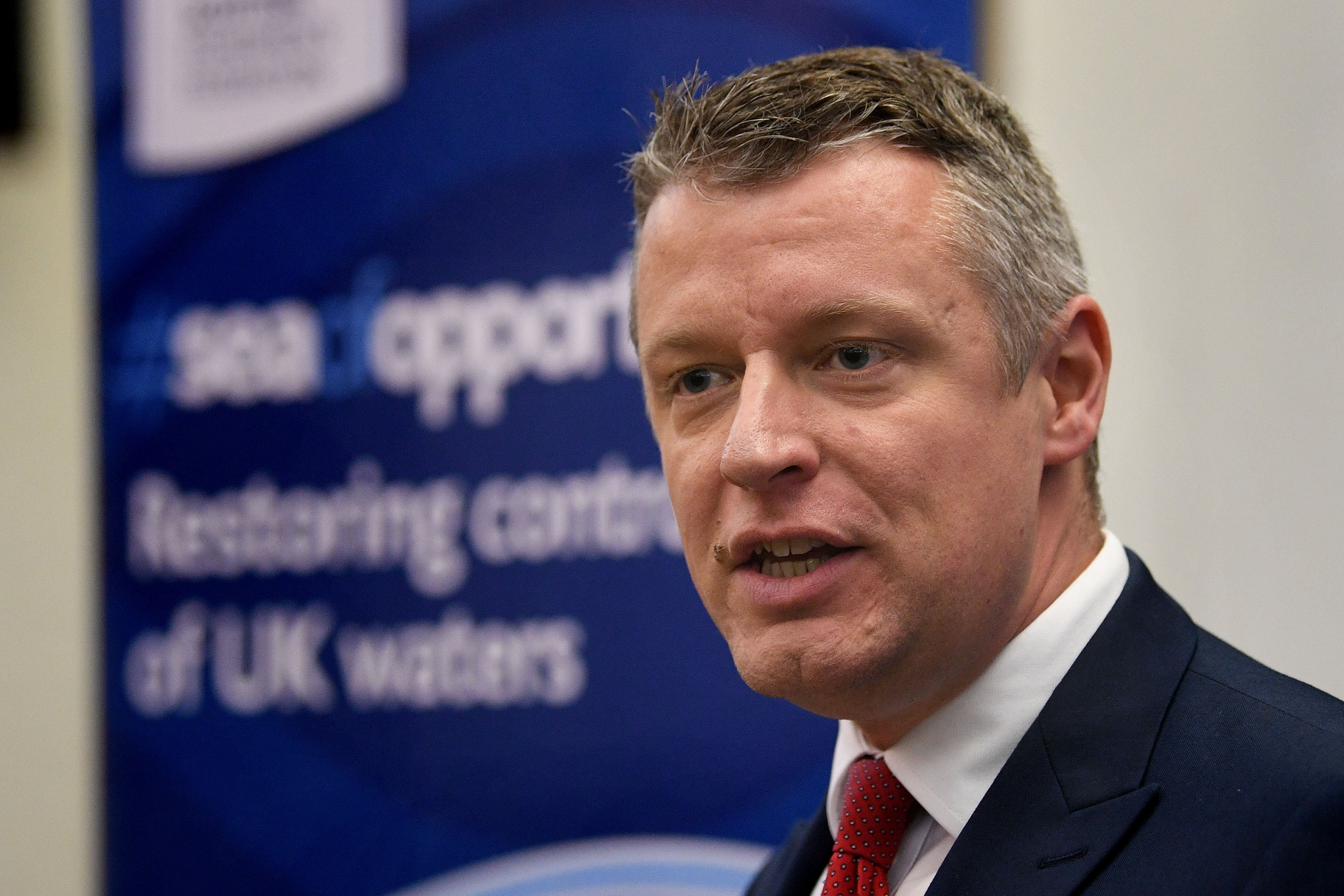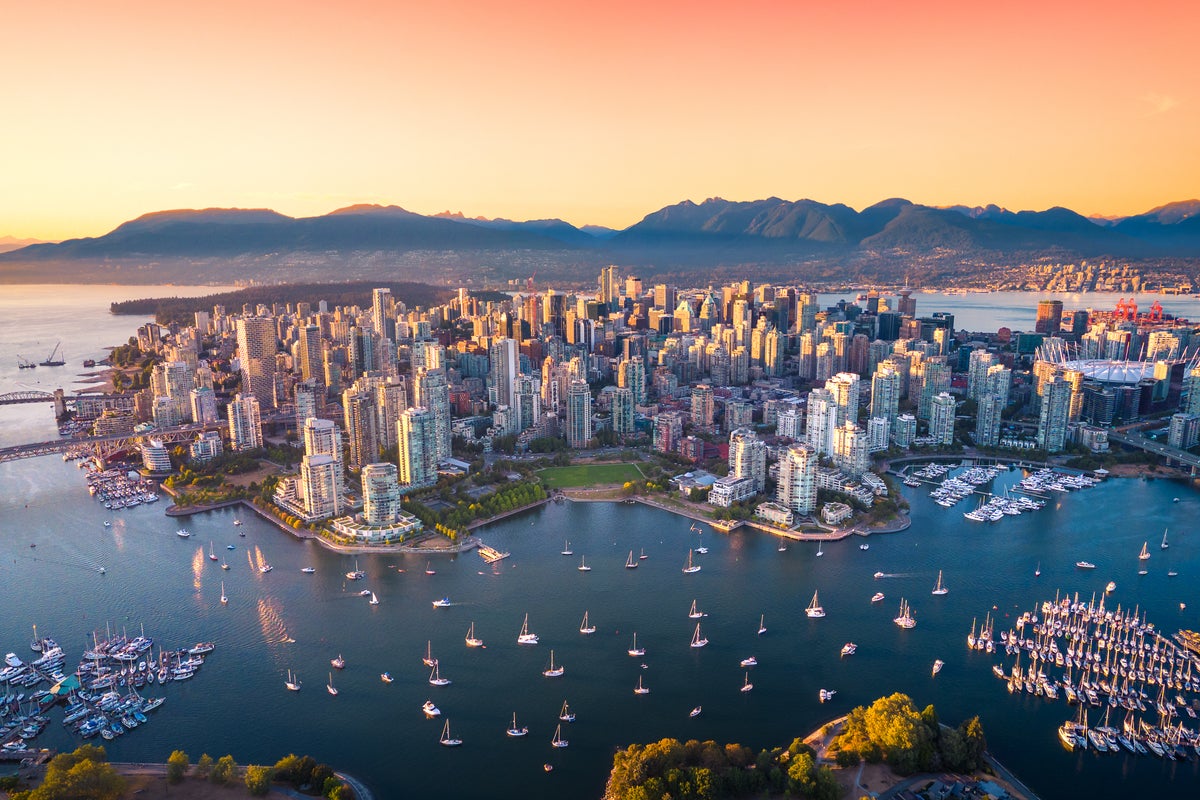Foreign secretary David Lammy has refused to defend Donald Trump’s attack on Iran and confirm it was either legal or even “the right thing to do”.
In an awkward interview on BBC Radio 4’s Today Programme, Mr Lammy was asked four times if the attack on Iranian nuclear facilities was legal.
It comes after Donald Trump’s regime conducted airstrikes on three Iranian nuclear sites, despite Sir Keir Starmer pushing for de-escalation in the preceding days.
The questions followed reports that UK attorney general Lord Hermer has suggested it would not be legal for the UK to launch such attacks.
Radio 4 Today presenter Justin Webb asked him four times if the attack was legal with the foreign secretary avoiding the answer.

“We were not involved, it is for the Americans to discuss those legal issues,” he responded repeatedly.
The issue is important because of fears that it undermines the case against Russia’s illegal invasion of Ukraine.
However, Mr Lammy was not even able to answer whether the attack by US B-2 stealth bombers was even “the right thing to do”.
Mr Webb asked him: “Was the (US) military action the right thing to do?”
Mr Lammy avoided the question, answering: “I’ve said that we weren’t involved in the military action.”
Webb asked again: “Was it the right thing to do?”
Lammy responded: “What I’ve said is that ultimately this can only be dealt with in diplomacy.”
The foreign secretary was not the only senior minister to refuse to answer difficult questions about the rapidly changing international crisis in the Middle East.
Earlier, armed forces minister Luke Pollard claimed it is “not for [him] to comment” on US action in the Middle East, refusing to say whether Britain is supportive of US strikes in Iran.
Asked whether the UK was disappointed or pleased about the military intervention, Luke Pollard told Sky News: “Well, it’s not for me to comment on the particular US action, but we’re assessing the battle damage at the moment to understand the true extent of the strikes.

“But our focus and the work that we are doing in conjunction with our US allies as well as those across Europe, is to put the pressure on the Iranian regime to get back to negotiating because a diplomatic solution is how we bring this crisis to an end.”
When it was put to Mr Pollard that it was specifically his role to comment on military action around the world, he replied: “I’m not going to be able to comment on that question, but what we can say is that we were not involved in the military action that the US took.”
He added that Britain’s focus was also on putting “pressure on the Iranian regime to get back to negotiations because a diplomatic solution is how we bring this crisis to an end, with Iran not able to create a nuclear weapon, handing over their nuclear materials that they possess, and giving commitments that they won’t threaten regional stability by developing a nuclear weapon in the future”.
Over the weekend, the US attacked Fordo, Isfahan and Natanz which are linked to Iran’s nuclear programme.
Ahead of the strikes, the prime minister had been calling for calm, saying he has “no doubt” that Mr Trump backs the G7’s call for a de-escalation of tensions in the Middle East.
It is understood there was no British involvement in the action but the government was informed before the US strikes.
After the strikes took place, Sir Keir backed Mr Trump’s administration describing Iran’s nuclear programme as a “grave threat to international security”.
“Iran can never be allowed to develop a nuclear weapon, and the US has taken action to alleviate that threat”, he added.
But he later warned there was a risk of the Middle East crisis spiralling beyond the region and urged all sides to return to negotiations.



.jpg?trim=0,6,0,6&width=1200&height=800&crop=1200:800)